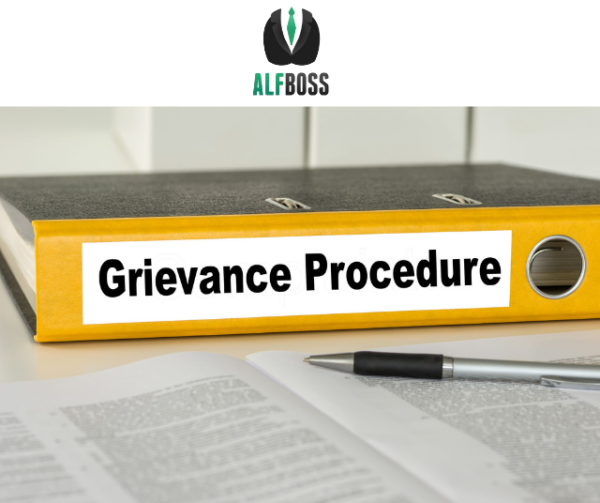
Grievance procedure in the CBRF
To achieve an environment of transparency and open dialogue in your community it is important to be mindful not to retaliate against those individuals who are filing grievances or asserting their rights. You must allow the residents, or those acting on their behalf to seek assistance from regulatory agencies such as DHFS, The Office of Ombudsman or other governmental agencies for fear of penalty by DHFS. For more information on the grievance procedure see the following regulation:
DHS 83.33 Grievance procedure.
(1) A CBRF shall have a written grievance procedure and shall provide a copy to each resident and the resident’s legal representative before or at the time of admission. The grievance procedure shall specify all of the following:
(a) A resident or any individual on behalf of the resident may file a grievance with the CBRF, the department, the resident’s case manager, if any, the board on aging and long term care, Disability Rights Wisconsin, Inc., or any other organization providing advocacy assistance. The resident and the resident’s legal representative shall have the right to advocate throughout the grievance procedure. The written grievance procedure shall include the name, address and phone number of organizations providing advocacy for the client groups served, and the name, address and phone number of the department’s regional office that licenses the CBRF.
(b) Any person investigating the facts associated with a grievance shall not have had any involvement in the issue leading to the grievance.
(c) Any form of coercion to discourage or prevent any individual from filing a grievance or in retaliation for having filed a grievance is prohibited.
(d) The CBRF shall provide a written summary of the grievance, the findings and the conclusions and any action taken to the resident or the resident’s legal representative and the resident’s case manager. The CBRF shall maintain a copy of the investigation.
(2) The CBRF shall follow the grievance procedures under s. DHS 94.40 for any resident placed or funded by a county department of social services under s. 46.21 or 46.22, Stats., a county department of human services under s. 46.23, Stats., a county department of community programs, under s. 51.42, Stats., a county department of developmental disabilities services under s. 51.437, Stats., or for any resident who is receiving protective services or protective placement under ch. 55, Stats.
(3) The CBRF shall assist residents with grievance procedures as required under this section.
(4) The CBRF shall post in a conspicuous location in the CBRF a poster provided by the board on aging and long term care ombudsman program, concerning the long-term care ombudsman program under s. 16.009 (2) (b), Stats. The poster shall include the name, address and telephone number of the ombudsman’s office. This requirement does not apply to those facilities exclusively licensed to serve clients under the jurisdiction of a government correctional agency.
Top Takeaway:
- (4) The CBRF shall post in a conspicuous location in the CBRF a poster provided by the board on aging and long term care ombudsman program, concerning the long-term care ombudsman program under s. 009 (2) (b), Stats. The poster shall include the name, address and telephone number of the ombudsman’s office. This requirement does not apply to those facilities exclusively licensed to serve clients under the jurisdiction of a government correctional agency.
In order to protect residents’ rights, they need to be aware of those rights and who to contact if they feel the rights are being violated. Not having these posted is one of the most common and avoidable citations that a CBRF can see.